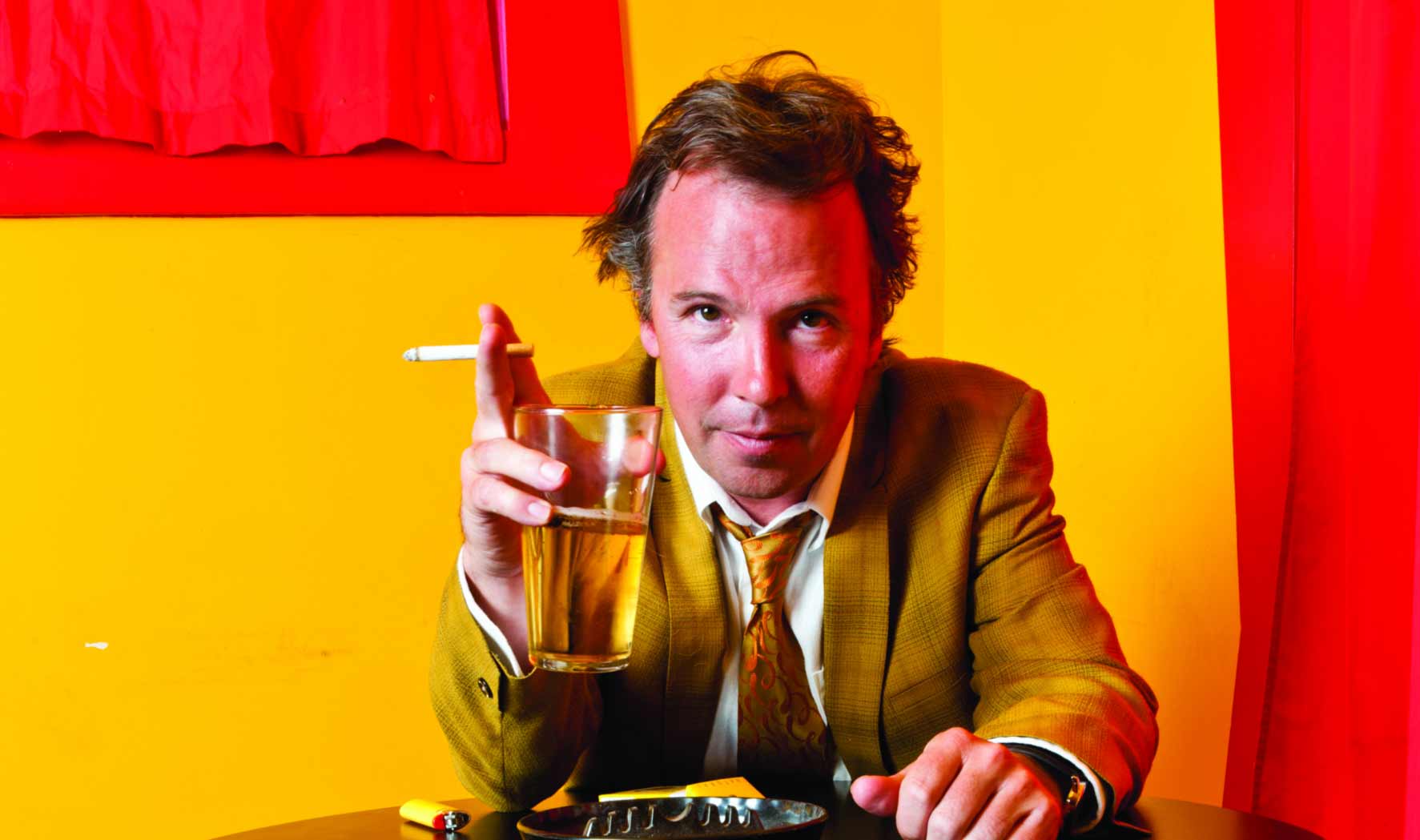I have now dealt with essential starting paperwork, and now down to my nitty gritty grumpy Keith advice on how to make a success of your life in Spain, avoid the ex-pat drinking culture as if it were a plague!
It is the elephant in the room, the fuel for every ex-pat feud, the cause of marital break up, the origins of malicious gossip, and the reason so many people are not happy in their life in the sun.
Alcohol.
At our UK homes, with their prohibitive pub prices, drinking heavily could only be afforded by the rich, or if poor, drunk at home sometimes stooping to White Lightening or other high strength ciders that have never seen an apple.

But Spain, ah, that is a different story. The bar prices for drinks are so low, and the supermarket cost of wine, less than a euro for a rather nice red! And less than five euros for spirits, ah, there's the rub.
When I first arrived in Spain I rented in Casarbonela, and it was there I first witnessed pissed drunk Brits whiling away hour after hour in the local bar and pushing drinks on all and sundry. And push they do. It is 11am and you walk past, 'Hi, come on in, It's Keith isn't it, have a beer with me, only 11am, nonsense, you are on your holiday'. But of course I was not on my holiday, I was starting a new life, and one that would be handicapped if I started regularly drinking during the day.
And friendly drunks are one thing, and it often starts happy , and jokey, but then, the angry drunks, the morose drunks, pervy drunks, the sweary bleary drunks, and it is not yet 5pm.
Now if you are reading this it is because you are concerned for your own welfare or for someone else, so here is a list, ten questions, note down every time you say yes to the following:
When sober do you sometimes regret things you said, or did, when drunk?
Have you failed to keep promises you made to yourself about cutting down on your drinking?
Have you driven while drunk?
Do you budget for your drinking before your food?
Do you feel depressed or experience self-loathing because of your drinking habits?
Has a friend, partner, of family member shown concern about your drinking?
Have you experienced memory blackouts?
Do you start drinking earlier in the day now than you used to?
Do you ever have a few extra drinks at home before going out?
Do you feel uncomfortable if out and there is no alcohol available?
If you have answered yes to six or more questions that you undoubtedly have a severe drinking problem. This will bring about depression, anxiety, anti social behaviour, and health problems, you know you must do something about it. And if you have answerd yes to more than one qustion you should start self analysing your life, what do you want from it?
Consider the OYNB online support group, this a paid for service, starts at about 40 euros, it begins with a 28 day alcohol free period, with support and it challenges your relationship with alcohol, this is an ideal intro to sobriety:
https://www.oneyearnobeer.com/takethechallenge/
Not many people realise that Spain has an effective Alcoholics Anonymous system, with a huge nimber of groups all over Spain. There is only one requirement for membership, and that is the desire to stop drinking, founded as a Christian organisation there is mention of God, or of a higher being, but do not be put off, many many atheists go quite happily. There is no obligation to attend meetings, you are free to leave at any time.
AA follows the 12 step programme, which involves accepting the fact that you are an alcoholic, changing your behaviour, and using other members of the community for support.
The list of meetings is here: http://www.aaspain.org/meetings/directory.html
It takes courage to avoid alcohol, and the social aspect of drinking, and you can trust yourself to to overcome alcohol addiction, but you will need support. You will thank yourself when you achieved sobriety, recovered your life, your health, your positive friendships. You will regain your interest in life, regain your hobbies, properly interact with family, get restful sleep, you can enjoy yourself again, free from the worry of where the next drink is coming from.